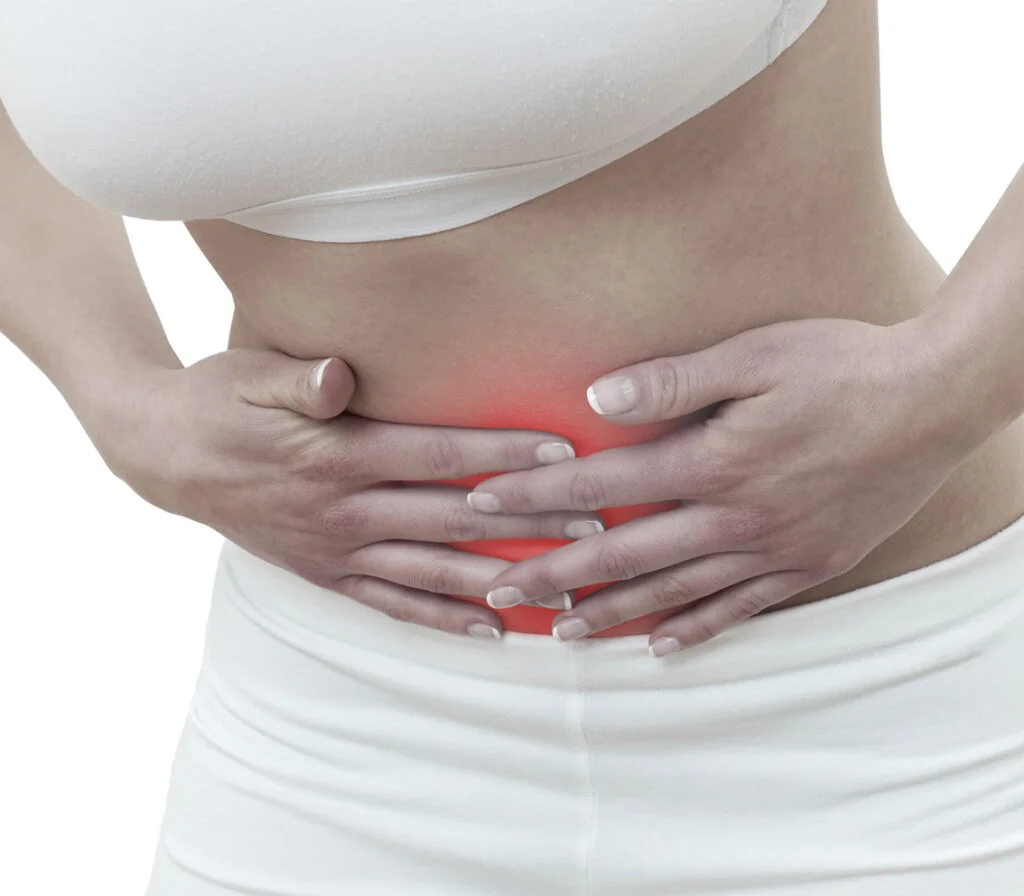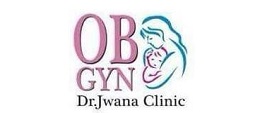All Departments
- PCOS Treatment
- STD Treatment
- Infertility Treatment
- Fibroid Treatment
- Endometriosis Treatment
- Ovarian Cyst Treatment
- Sexual Dysfunction
- Menopause Specialist
- Irregular Menstrual
- Laparoscopic Gynecologists
- Hysterectomy
- Urogynecologist
- Contraception
- Colposcopy
- AMH Testing
- O Shot
- G shot Treatment
- Vaginoplasty
- labiaplasty
- Clitoral Hoodectomy
- Vaginal Bleaching
- High-Risk Pregnancy
- Pregnancy Care
- Maternal Fetal Medicine
- Cesarean Delivery
- Painless Normal Delivery

Menopause Specialist
What is Menopause?
Menopause happens when a woman has reached the end of her menstrual cycle. There are several changes you go through before or after your period ends. This commonly indicates the end of your reproductive years.
What causes Menopause?
Women are born with all their eggs stored in their ovaries. Their ovaries produce the hormones like estrogen and progesterone, which control their menstrual cycles and the release of eggs, called ovulation. Menopause happens when the ovaries stop releasing an egg per month, and menstruation stops.
Menopause is an inevitable part of aging when it happens after age 40. However, some women may experience Menopause earlier than that. It can be due to surgery, like if their ovaries have been removed in a hysterectomy or damage caused to the ovaries, such as chemotherapy. If it happens before age 40, for any reason, it’s called premature Menopause.
Symptoms of Menopause:
Most women approaching menopause will start to experience vasomotor symptoms (VMS). Hot flashes are the most frequent. A hot flash is characterized by a sharp sensation of warmth that spreads over the upper body, frequently accompanied by blushing, a racing heart, and perspiration. Most women see these flashes as light, while others experience severe ones.
Common menopausal symptoms include:
- Irregular or skipped menstruation
Dryness and discomfort in the vagina
Aching and tender breasts
Frequent urination
Difficulty sleeping
Emotional alterations
Dry mouth, eyes, or skin
Apart from these symptoms, several women have highlighted other ones that can vary from person to person. Some of these possible symptoms include:
Depression
Hair loss
Weakness
Irritability
Headaches
Weight gain
Changes in libido
Joint and muscle aches and pains
Different stages of Menopause
Menopause naturally occurs without any medical or surgical intervention. Instead, it moves slowly over three stages:
Perimenopause
When your ovaries gradually produce less estrogen, this phase often starts several years before Menopause. Until Menopause, when your ovaries cease producing eggs, you are in perimenopause. Estrogen levels decline faster in the latter one to two years of this stage. Symptoms of Menopause are common among women.
Menopause
When your last period was a year ago, this is the situation. Your ovaries no longer produce most of their estrogen and stop releasing eggs.
Postmenopause
After Menopause, these are the years. Night sweats and hot flashes associated with Menopause commonly subside. However, as you age, the health concerns associated with the decrease of estrogen rise.

